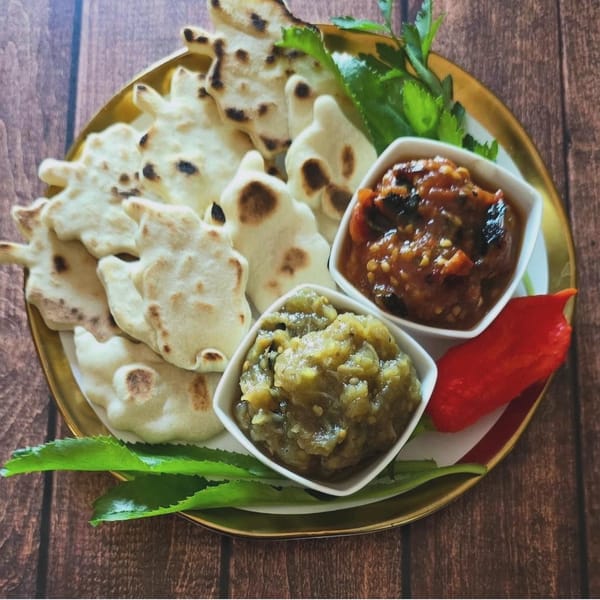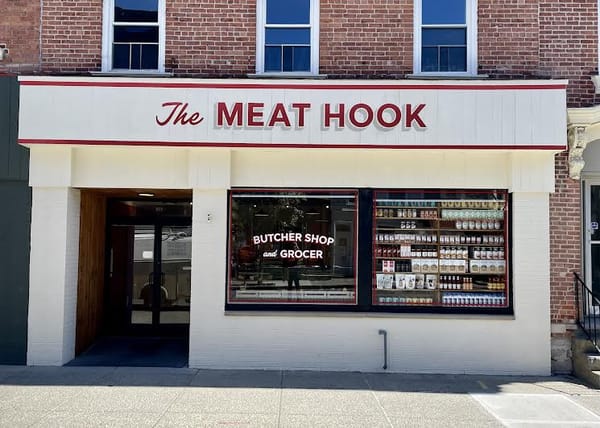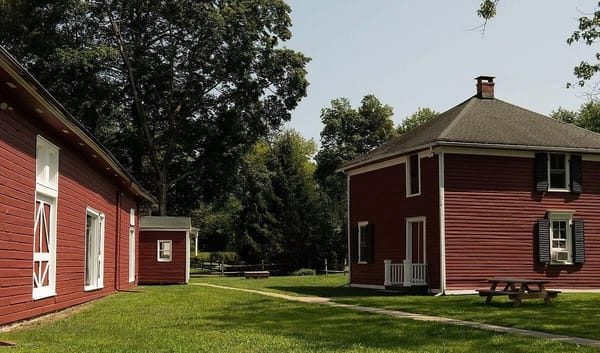
Peter Davies and Mark Scherzer are the owners of Turkana Farms in Germantown, NY. This week Mark writes: ...but our chickens are very tasty. It started around three weeks ago, when Ronda Goldfein, a lawyer friend in Philadelphia, hearing from me on a decidedly non-agricultural matter, responded by telling me about a book her husband had given her, The Bucolic Plague. She said she was certain it had to be about us until she looked a little closer. Since then, in the wake of a New York Timesbook review a couple of weeks ago, a review of their television reality show in the last week, and an interview on WNYC, I’ve endured a virtual avalanche of inquiries about whether we were aware of the Beekman Boys (right) and their project.

Having not yet read the book or seen the show, I can’t much comment on or compare us to the Beekman Boys. Sure, there’s the obvious similarity of an urban male couple embracing the agricultural life in the form of a small upstate farm of organic orientation, with one member of the couple still tied more full time to a city job and the other more full time on the land. But there are the differences: We lack a farm manager to assume most of the burden of running the operation, and we are older than they are. And, if the Times is accurate, we don’t share their taste for public bickering as a comedy schtick. If we were ever to bicker (I would say we don’t—Peter would disagree), I would not think of it as very entertaining for the public. Yet without even seeing at first hand what they’ve done, I sense one major difference—what impelled us to write and share our activities publicly. The Beekman Boys have actually managed to transform their farm experience into a different type of agricultural product, a literary one. There is a growing genre of farm-oriented literature and entertainment now, and some segment of the public seems as hungry for it as they are for the produce itself. Many agri-lit consumers, I think, are vicariously living a farm life they have romanticized through this literature. The Beekman Boys have joined that stream of commerce, and I do not intend this as a criticism. Like agri-tourism, it is a way of deriving extra value from farming when the farm itself must struggle so hard to make a profit. If they have figured out a way to do that, more power to them. Our weekly essays serve somewhat different purposes, none, unfortunately, involving literary agents, advances, or royalties. Through these essays we try to create a sense of community with our customers, who want to connect with and know how their food is raised. Writing these essays enables us think through issues and to learn, too, from your responses. Sometimes the essays are an outlet for creative urges. But mostly, quite frankly, it’s a way to promote sales of our farm products.

In that spirit, let me report that summer production is in full swing. Not only is the vegetable garden almost fully planted, but we’re now feeding over 450 creatures, the vast majority of whom are intended for culinary enjoyment. And our great chicken experiment, comparing French Freedom Rangers with Cornish crosses, is well underway. Neither of these breeds of birds, as it turns out, is a heritage breed. Both were developed specifically for the purpose of human consumption, as opposed to egg laying. According to an article in The Modern Homestead, The Freedom Rangers were developed in France in the 1960’s by the Hubbard Corporation to guarantee a high-quality bird that could be raised within a pastured or free-range production model, thus satisfying “Label Rouge”

standards. (The French Label Rouge certification is similar to America's Animal Welfare Approved program. It promotes traditional free-range poultry raising methods for the benefit of both the birds and the people who consume them. Started by grassroots activists, Label Rouge now commands 30% of the French poultry market.) The Freedom Rangers have become a popular restaurant chicken in France. They are slow growing (12 weeks to get to 4 to 5 lbs) and are known to be excellent foragers and to enjoy grazing, thus making them much more fun to grow. Some detractors say their texture is on the chewy side, but their high culinary reputation is built on their flavor. Ours are now fully feathered and go outside tomorrow.

The Cornish crosses are much faster growing (7 weeks) and much more interested in grain than grass. Some growers complain that they are too lazy even to move to water in the heat, leading to huge die-offs in heat waves, but we’ve discovered that if you keep them shaded and make the water convenient they do fine. Cornish crosses dependably produce the lushly large white breasts so many of us have come to crave. Though I’ve read some articles describing them as taste-challenged, I would personally dispute that assertion. We’ve enjoyed the flavor of ours immensely, as have many of our loyal customers. I would be willing to bet that if those growers dissatisfied with the flavor of their Cornish Crosses were to switch to the rich, varied sort of organic feed mix we get from Lightning Tree Farm they would be singing flavorful praises soon enough. Perhaps best of all, because of their efficiency in converting grain to meat, we can offer the Cornish Crosses for less than the Freedom Rangers. The time to test will come soon enough. Our first batch of Cornish Crosses go to market in mid-July, while the Freedom Rangers follow in early August. Want to participate in the grand Turkana chicken experiment? Order one of each and compare. We will be sending out our reservation forms in a few days. If you'd like one, just let us know at {encode="farm@turkanafarms.com" title="farm@turkanafarms.com"}. —Mark Scherzer








